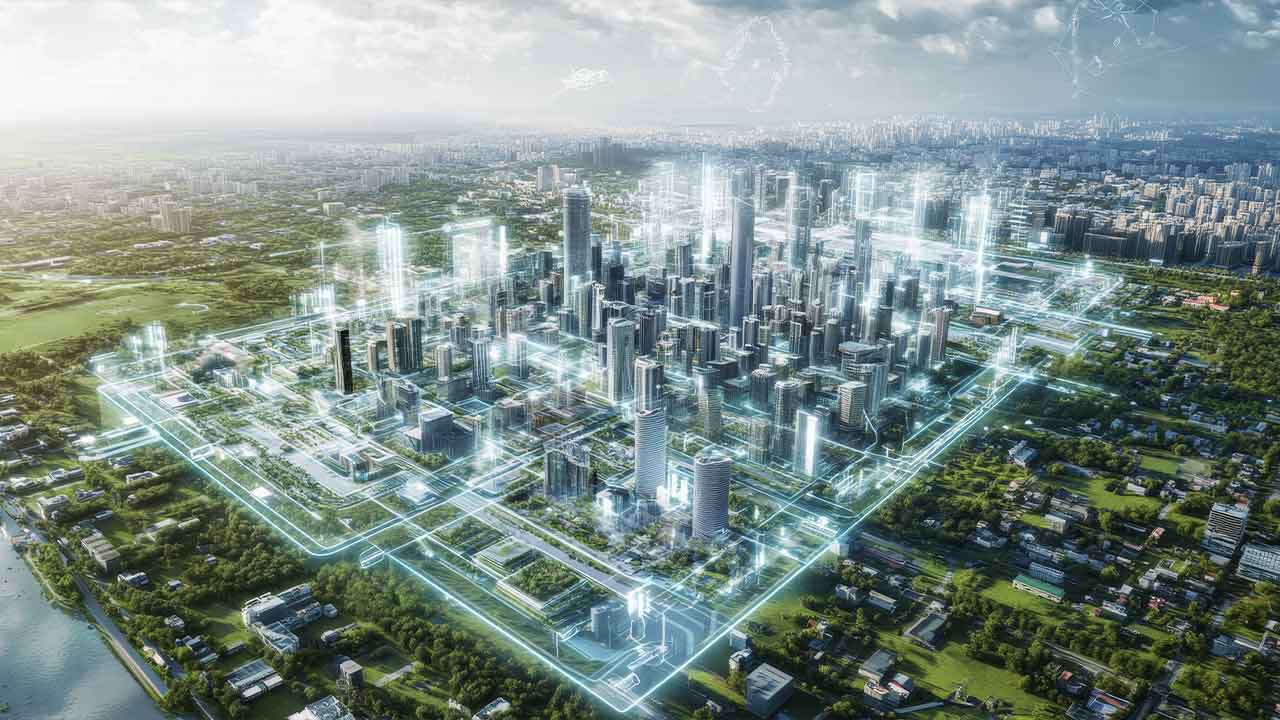Smart Cities Challenge for a Better Mobility
Parsons Corporation and its partners and sponsors announced this week the first Smart Cities Challenge — titled Transforming Intersections — that will significantly increase mobility around cities and reduce the amount of time citizens spend at red lights.
The goal of Parsons’ Smart Cities Challenge is to change the way cities move by collaborating with governments to solve some of the most complex mobility issues they face today, including frustrated motorists sitting at intersections in traffic backups waiting for lights to change. With Parsons Intelligent Intersections, cities and counties can leverage existing data to provide automated traffic re-timing based on changing traffic patterns, enhancing mobility for the region. In addition, connected vehicles can communicate with traffic signals, which will lead to more efficient and environmentally friendly driving with a smaller carbon footprint and, ultimately, safer intersections. Traffic signal owners can also provide priority to transit and emergency vehicles or automatically extend green cycles for pedestrians needing extra time to cross the street.
“Every year people spend more than a week and a half of their life sitting at red traffic lights,” said Chuck Harrington, Parsons Chairman and CEO. “By changing intersections through our Transforming Intersections challenge, we will not only revolutionize how cities move, but we’ll provide people with some of their valuable time back to do things other than sit at a traffic light. Our goal is to give cities the opportunity to increase their mobility, reduce their carbon footprint through reduced idling of vehicles, and keep their city moving.”

With increasing populations, growing development, and demand for new services, managing a city’s transportation network has become a complex mobility challenge. But the solution could be as simple as transforming an intersection. More than four million hours of annual vehicle delays are caused by poor signal timing alone within the United States. Forty percent of all pedestrian accidents happen at intersections. And drivers can reduce their fuel consumption by 20 percent with well-timed signals. Our solution contributes to the sustainability of surface transportation.
“Starting today, cities and counties in the United States, Canada, and beyondcan apply to collaborate with us to use new mobility technologies to address the challenges their transportation networks face every day. The winner of the smart cities challenge will receive a free 1-year trial of the Parsons Intelligent Intersections solution for their transportation corridor, said Andrew Liu, Parsons Senior Vice President of Smart Cities. Take a look at the future transportation challenges.
If your city or county wants commuters to spend less time sitting at red lights and more time catching up with friends and family, apply to Parsons’ Transforming Intersections challenge at https://www.parsons.com/smart-cities-challenge. Improving their intersections is just one of many ways cities on the move can work with Parsons and its partners to enrich their citizens’ quality of life.
For more details, click here.



